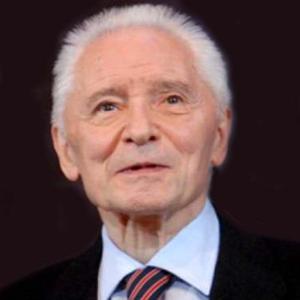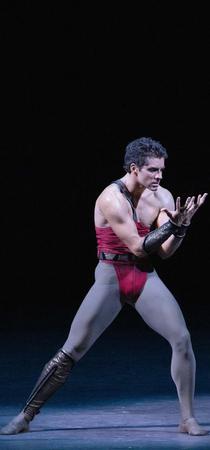
Aram Khachaturyan
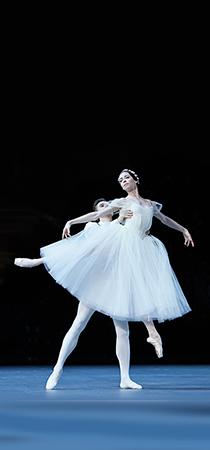
to music by Frederic Chopin
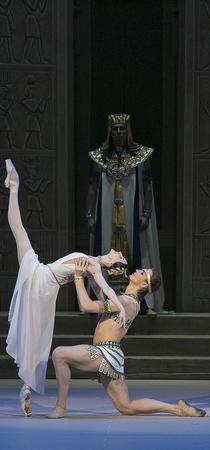
Cesare Pugni
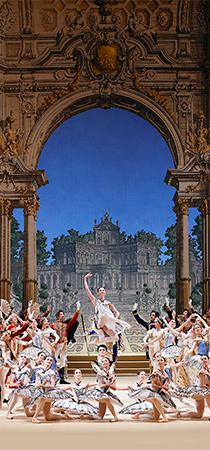
Ludvig Minkus, Edouard Deldevez
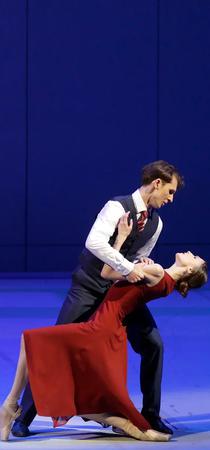
to music by Pyotr Tchaikovsky Alfred Shnitke, Cat Stevens / Yusuf Islam
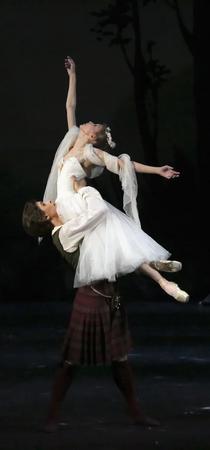
Herman Severin Levenskiold
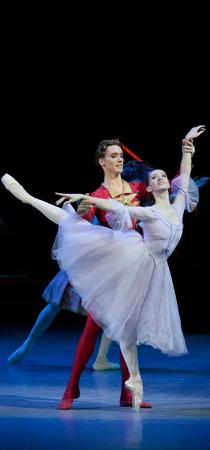
Pyotr Tchaikovsky
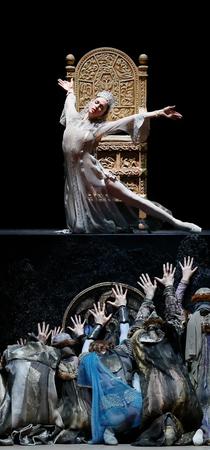
to music by Sergei Prokofiev

Georges Bizet–Rodion Shchedrin
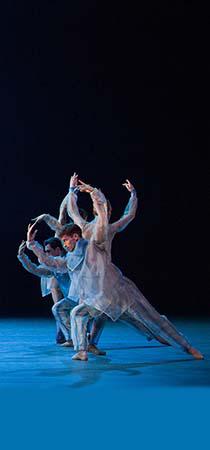
Alexander Glazunov
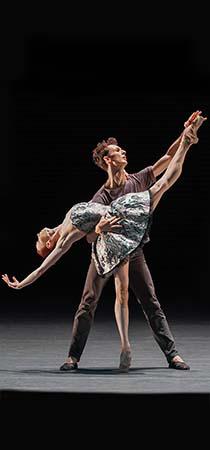
Yuri Krasavin
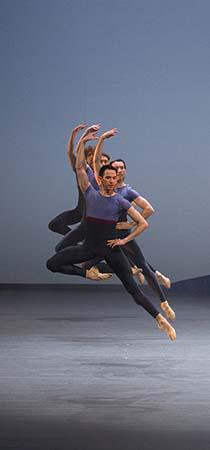
to music by Anatoly Korolyov
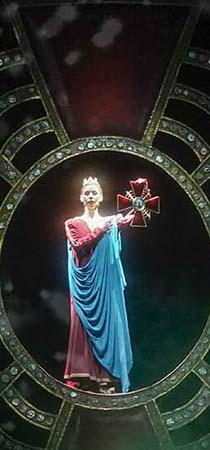
to music by Valery Gavrilin
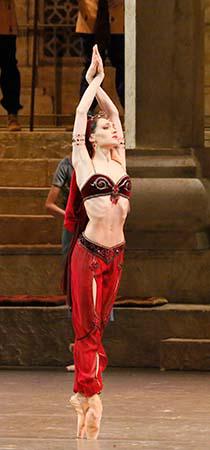
Ludwig Minkus
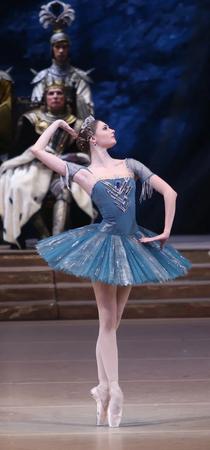
Alexander Glazunov
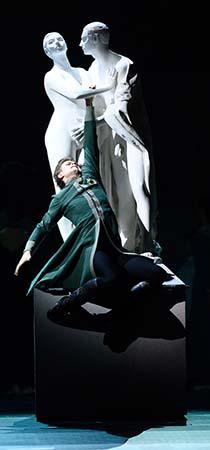
Joby Talbot
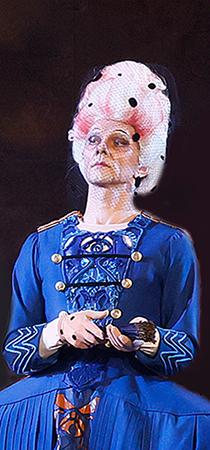
Pyotr Tchaikovsky – Yuri Krasavin
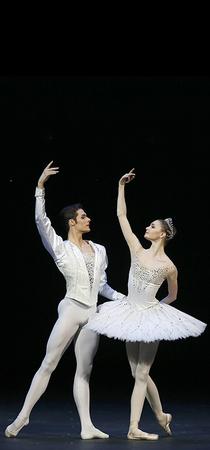
to music by Gabriel Fauré, Igor Stravinsky, Pyotr Tchaikovsky
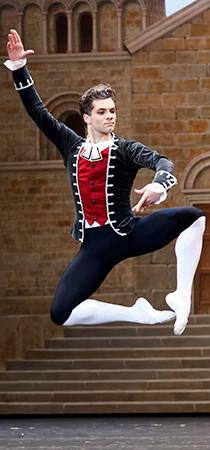
Daniel-François-Esprit Auber
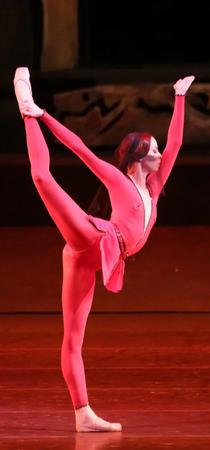
Arif Melikov
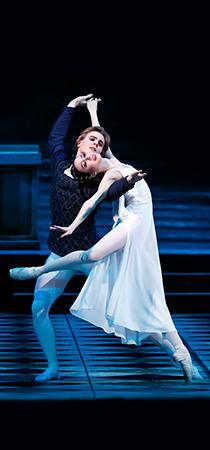
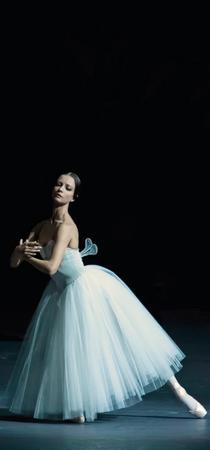
Adolphe Adam
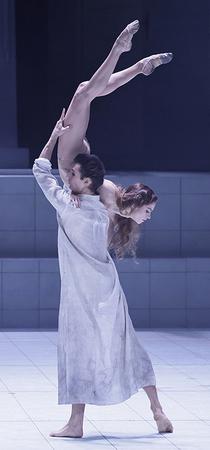
to music by Alfred Schnitke and Milko Lazar
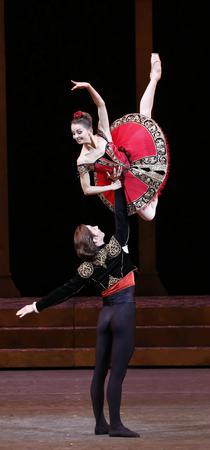
Ludwig Minkus
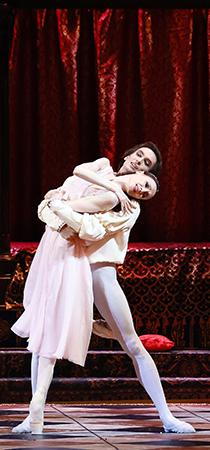
Sergei Prokofiev
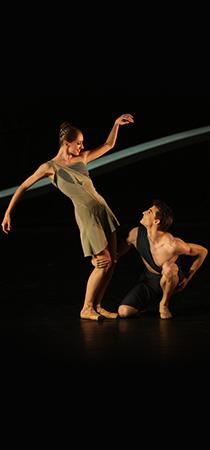
Yuri Krasavin
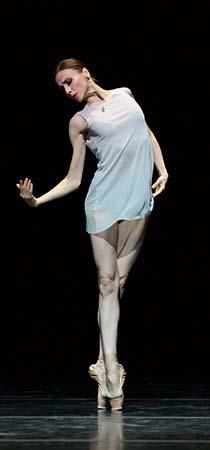
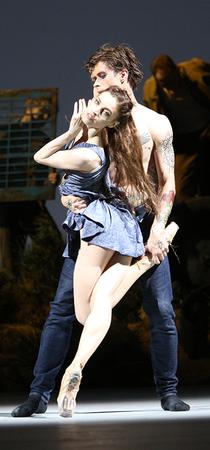
Ilya Demutsky
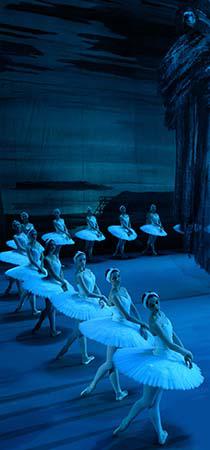
Pyotr Tchaikovsky
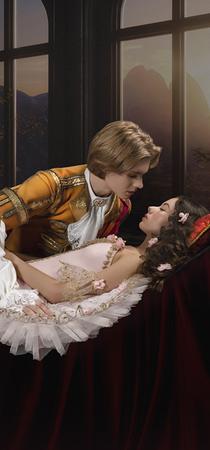
Pyotr Tchaikovsky
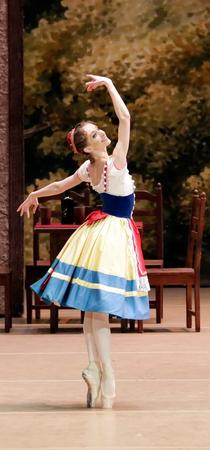
Leo Delibes
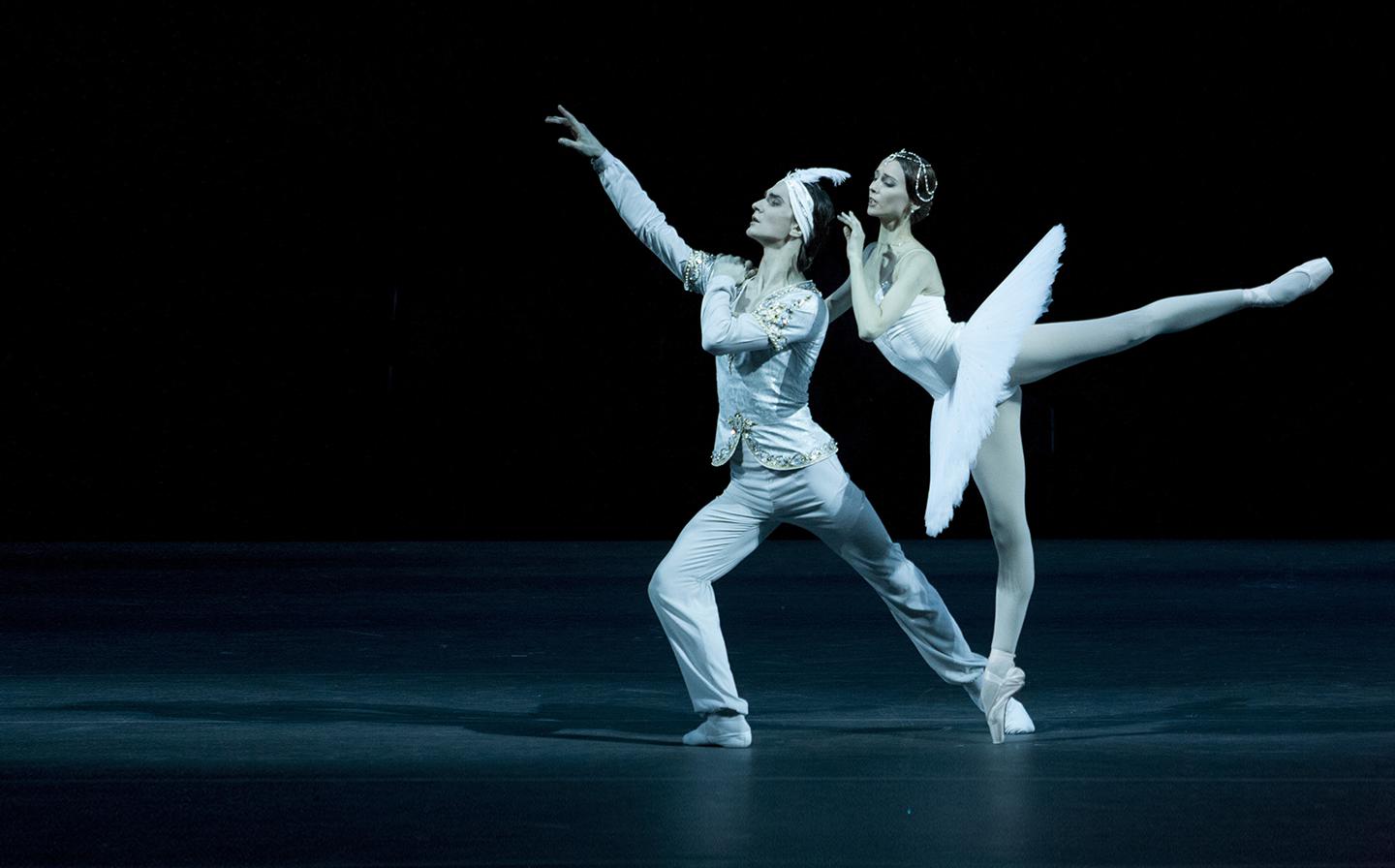
Premiere of La Bayadère took place on the 23rd of January (old style) 1877 at St. Petersburg Bolshoi (Kamenny) Theatre. Libretto was written by choreographer of performance, Marius Petipa, with participation of ballet critic Sergei Khudekov, music – by Ludwig Minkus.
Moscow premiere of a very successful ballet happened more than two decades later, on the 25th of January 1904. It was staged by Alexander Gorsky, who served as a ballet master at the time at the Bolshoi Theatre for few years already. Gorsky first transferred performance from St Petersburg to Moscow stage, and later has actively started revising it, modernizing, and filling with additional numbers to music by Alexandre Luigini, Henri François Joseph Vieuxtemps, Ernest Guiraud, among others.
In La Bayadère, choreographer was attracted to everything that was linked to India. First of all, to the festive divertissement on the square. For that, he thought of new dances, which were far from ballet norm of 19th century theatre. Famous scene The Kingdom of the Shades was subject to revise as well. From a classic 'white act', it was turned into oriental premonition.
Premiere of Yuri Grigorovich's production took place on November 15, 1991.
This version of the ballet was premiered on January 24, 2013.
Libretto by Marius Petipa and Sergei Khudekov in Yuri Grigorovich’s version
Choreography by Marius Petipa
Scenes from productions by Vakhtang Chabukiani, Konstantin Sergeyev, Nikolai Zubkovsky used
Sunday, 14:00
Saturday, 19:00
Saturday, 12:00
Friday, 19:00
Thursday, 19:00
Wednesday, 19:00
Tuesday, 19:00
Sunday, 14:00
Saturday, 19:00
Saturday, 12:00
Saturday, 19:00
Saturday, 12:00
Friday, 19:00
Thursday, 19:00
Wednesday, 19:00
Sunday, 14:00
Saturday, 19:00
Saturday, 12:00
Sunday, 14:00
Saturday, 19:00
Saturday, 12:00
Friday, 19:00
Sunday, 14:00
Saturday, 19:00
Saturday, 12:00
Tuesday, 19:00
Sunday, 14:00
Saturday, 19:00
Saturday, 12:00
Sunday, 14:00
Saturday, 19:00
Saturday, 12:00
Friday, 19:00
Act I
Young warriors led by Solor are hunting a tiger. Before entering the forest Solor asks a fakir, named Magedaveya, to tell Nikia, a bayadere, that he will wait for her near the temple.
The High Brahmin and priests are solemnly leaving the temple. The feast of worshipping fire begins. Fakirs and votaries of the temple, bayaderes, are performing sacred dances. Beautiful Nikia isamong them. She adorns the festival.
Having forgotten about his ordination and vow of celibacy, the High Brahmin tells Nikia that he loves her and promises to place at her feet all the riches of India. Nikia rejects his wooing. She willnever love him.
Nikia and other bayaderes give the fakirs water from the sacred pool. Imperceptibly Magedaveya tells Nikia that Solor will come to see her. The bayadere is happy.
It is getting dark. Nikia comes to meet her beloved. Their secret rendezvous is guarded by the fakir. But the High Brahmin manages to overhear the conversation of the sweethearts.
Solor proposes that they elope. The bayadere agrees, but first she wants him to vow fidelity to her at the sacred fire. Solor takes the oath. The High Brahmin is infuriated. He appeals to the godsand demands punishment. His revenge will be terrible.
